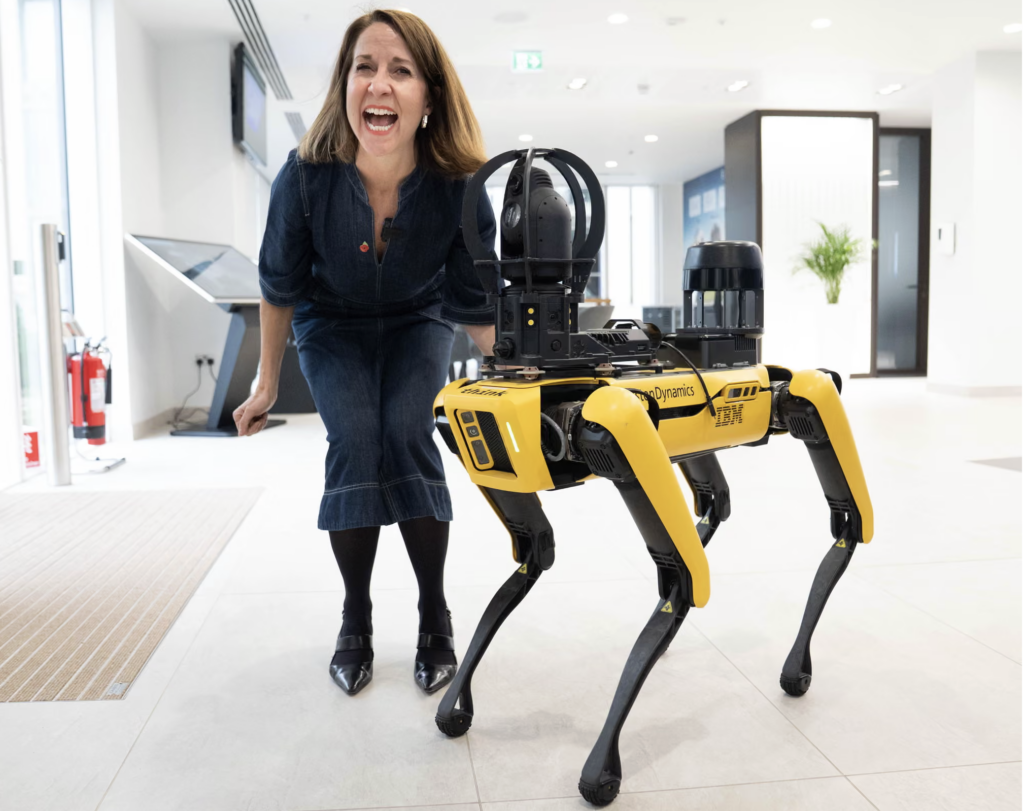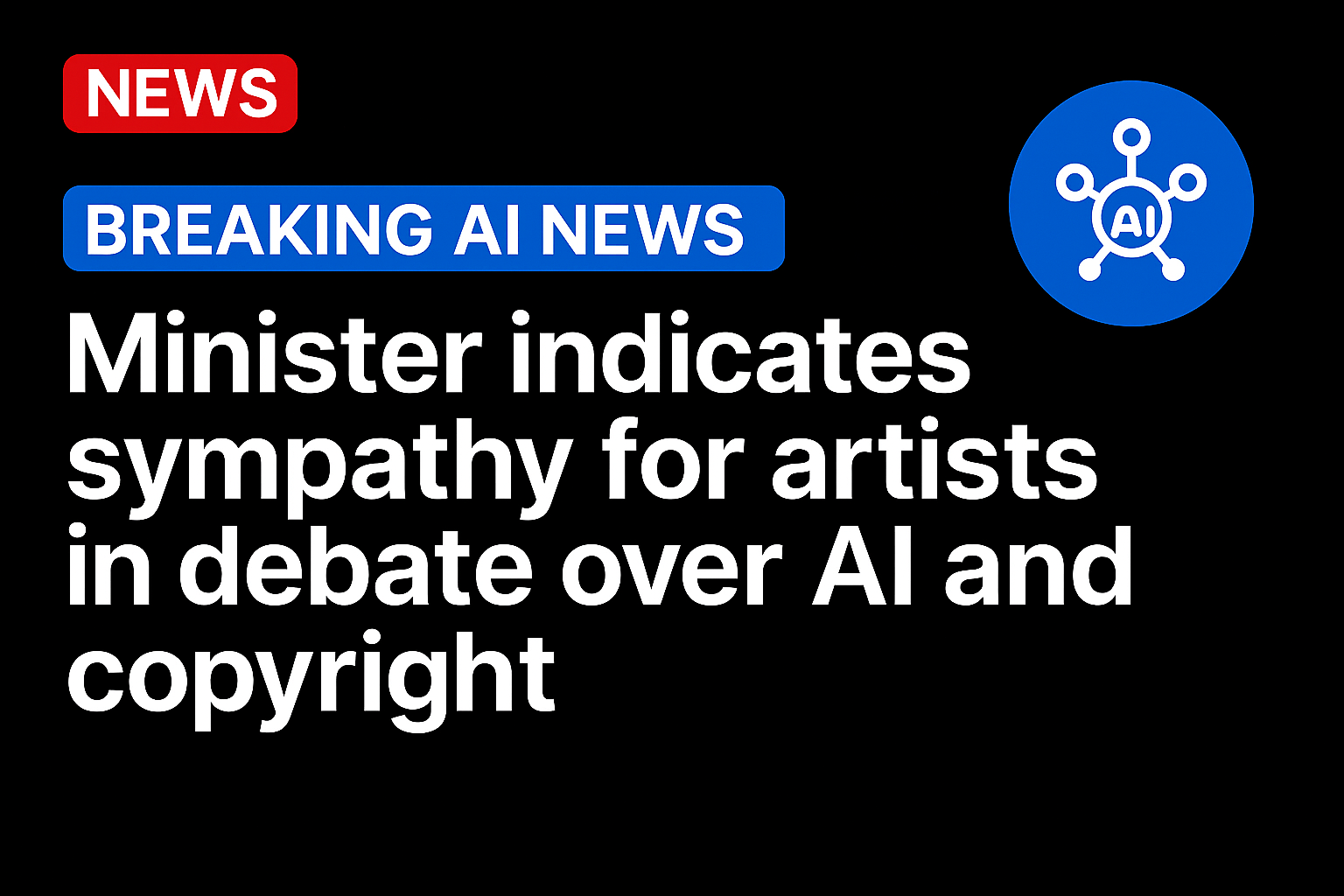
The technology secretary, Liz Kendall, has indicated she is sympathetic to artists’ demands not to have their copyrighted works scraped by AI companies without payment and said she wanted to “reset” the debate.
In remarks that suggest a change in approach from her predecessor, Peter Kyle, who had hoped to require artists to actively opt out of having their work ingested by generative AI systems, she said “people rightly want to get paid for the work that they do” and “we have to find a way that both sectors can grow and thrive in future”.
The government has been consulting on a new intellectual property framework for AI which, in the case of the most common large language models (LLMs), requires vast amounts of training data to work effectively.
The issue has sparked impassioned protests from some of Britain’s most famous artists. This month Paul McCartney released a silent two-minute 45 second track of an empty studio on an album protesting against copyright grabs by AI firms as part of a campaign also backed by Kate Bush, Sam Fender, the Pet Shop Boys and Hans Zimmer.
Elton John, meanwhile, called the UK government “absolute losers” over proposals to let tech firms use copyrighted works without permission and has called Kyle “a bit of a moron”.
Kendall, who replaced Kyle in September, said that she and the culture secretary, Lisa Nandy, “are right now, having a reset on this discussion. We are talking to the creative sector and AI sector together.”
Campaigners for the rights of artists, musicians and writers not to have their copyrighted works used as training data for large AI models, had voiced fears when Kendall appointed a special adviser in September who had previously said “whether or not you philosophically believe the big AI firms should compensate content creators, they in practice will never legally have to”.
But Kendall said: “Views before you come to work for the government are not the views of the government. We’re going to find a deal that helps us move forward together.”
She also said she recognised that many parts of the creative sector want transparency about whether their work has been used to train AI systems, which would be a key part of enabling them to be paid.
After a $1.5bn (£1.15bn) legal settlement by Anthropic, one of the world’s biggest AI companies, a searchable database of about 500,000 books used to train its models was released last month so authors could find out if their work had been infected and claim payment of about $3,000.
Beeban Kidron, a film director and crossbench peer who has battled in parliament to protect creatives’ rights, welcomed Kendall “making clear that she has recognised the need for creators to protect their property and livelihood”.
But Lady Kidron said the government had “lost the trust of the entire creative community and the public, who overwhelmingly support the creative industry’s need to receive a fair day’s pay for their work”.
An initial report on the government’s plans is expected before the end of the year, followed by a more substantial report by March 2026.
Kidron called for the government to act now by no longer signing public sector deals with AI companies in disputes with copyright-holders, requiring AI companies to be transparent about what works they have trained their systems on and “they can make a commitment to respect copyright”.
Kendall said: “I understand why … many creatives are urging us to act immediately because so much has happened already.
“But we’ve got to get this right … there’s a lot of detail to work out here, but I believe it is possible to find a way forward that delivers for both because we don’t want to have to choose.”
Source: https://www.theguardian.com/

